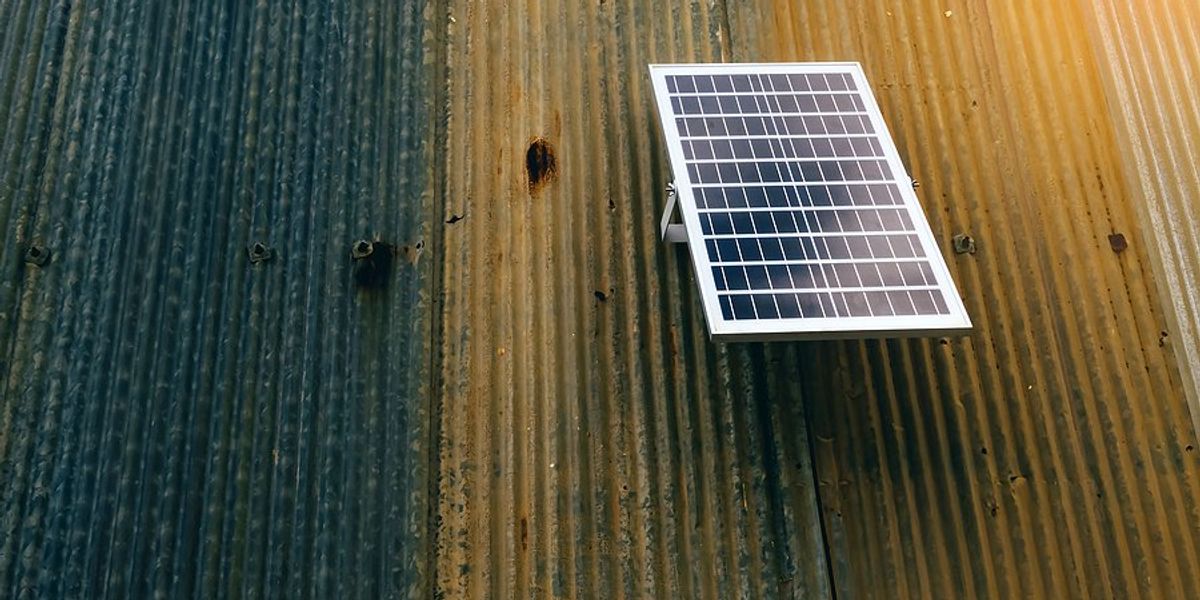
Uncertainty looms for rural clean energy initiatives
A halt on federal grants and loans has left small business owners and farmers unsure if they’ll be reimbursed for solar panels, irrigation pumps and other energy upgrades they installed under the promise of government support.
Isabella O’Malley reports for The Associated Press.
In short:
- The Rural Energy for America Program (REAP) provides grants for clean energy projects in rural areas but is stalled due to a federal funding freeze ordered by President Trump.
- Some farmers and small business owners had already invested in solar panels and other energy-efficient upgrades, expecting reimbursement, but now face financial strain.
- The freeze aligns with Trump’s push to reduce government support for renewable energy in favor of oil and gas, leaving U.S. Department of Agriculture officials uncertain about the program’s future.
Key quote:
“It’s really counterproductive to go after a program that does so much to help farmers bring down their costs.”
— Andy Olsen, senior policy advocate at the Environmental Law and Policy Center
Why this matters:
Renewable energy projects in rural areas reduce reliance on fossil fuels, cut costs for farmers and help stabilize local economies. Without federal support, many small businesses and farms may struggle to afford clean energy improvements, slowing the transition to sustainable energy. The funding freeze reflects a broader shift in federal priorities, favoring traditional energy sources over renewables, which could have long-term impacts on rural development and climate resilience.
Read more: Trump’s climate funding freeze leaves rural businesses in limbo














